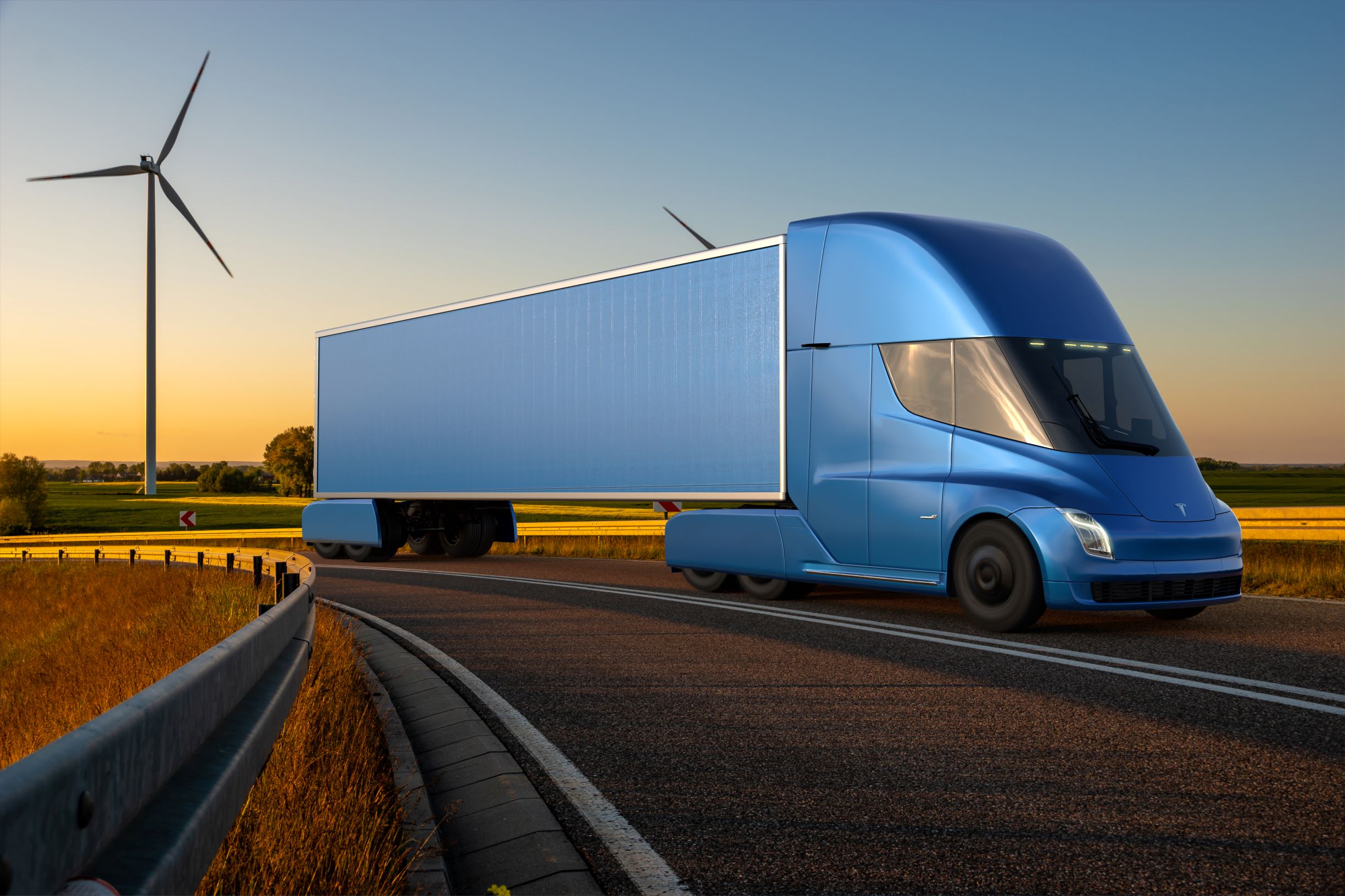DOT study predicts no mass layoffs from implementing autonomous trucks

Story by:
First-ever federal research also finds ‘billions of dollars’ of indirect benefits to wider economy
A U.S. Department of Transportation (DOT)-sponsored study on automated driving systems (ADS) concludes that truck drivers should not fear significant job losses due to automation unless driverless technology is adopted on a fast timeline.
Produced by DOT’s Office of the Assistant Secretary for Research and Technology, “Macroeconomic Impacts of Automated Driving Systems in Long-Haul Trucking,” released in January, for the first time estimates productivity benefits due to ADS in the trucking industry as well as indirect benefits for the wider economy. It is considered a “companion piece” to a federal interdepartmental preliminary analysis on the same issue.
“Our model indicates that the productivity enhancements from the adoption of ADS in the long-haul trucking sector will increase GDP, capital, employment, wages, and welfare that can be monetized into billions of dollars,” the study asserts.
“Additionally, our model concludes that these economic benefits can likely be reaped without mass lay-offs of long-haul truck drivers. Assuming the occupational turnover remains near today’s levels, employment levels in the long-haul trucking sector will necessarily fall due to automation, but will not force lay-offs in the slow- and medium-speed adoption scenarios,” it states.
Only under the fast adoption scenario — a “very optimistic” scenario in which 75% of new vehicle purchases involve ADS within 10 years of the technology becoming available — does the study predict layoffs in the trucking industry. However, the study notes, these are at most 1.7% of the long-haul workforce in a single year, and the layoffs only occur during a five-year period.
“As a result, we conclude that long-haul truck drivers should be able to find employment as short-haul truck drivers, so the issue of lay-offs should not be a significant concern when considering the adoption of automation in long-haul trucking.”
The study points out that several companies, such as Embark, Kodiak, Plus, TuSimple, and Waymo are already using automated trucks in commercial operations (albeit using safety drivers). “Although the nascent industry has already seen turnover (Starsky Robotics, after failing to raise additional investment, announced in May 2020 that it had shut down all operations), competitors and industry analysts remain optimistic about automated trucking in general.”
According to the study, Level 4 and Level 5 (“high” and “full”) automation of long-haul trucking would:
– Produce increases in consumer welfare ranging from $35 per person in the U.S. per year under the slow adoption scenario to $69 per person per year under the fast adoption scenario.
-Raise annual earnings for all U.S. workers by $203 per worker per year under the slow scenario and $267 under the fast scenario.
-These benefits accrue to all workers due to economy-wide productivity improvements.
-Increase total U.S. employment by 26,400 to 35,100 jobs per year on average during the analysis period, despite decreases in employment for long-haul truck drivers.
-Lead to a maximum of 11,000 layoffs in the long-haul driver workforce during a five-year period under the fast adoption scenario. That is 1.7% of the long-haul driver workforce.
-Increase GDP by at least 0.3% by year 30 (2050) of the analysis period.
The study — which does not represent the opinions of DOT — downplayed concerns raised last week by Meera Joshi, the Federal Motor Carrier Safety Administration’s acting administrator, who sees automation as having “extremely real and broad impacts” on the workforce.
Responding to Joshi’s comments, former DOT Deputy Assistant Secretary for Transportation Policy Finch Fulton, who is now vice president of policy and strategy for autonomous trucking startup Locomation, listed several factors that would curtail job losses, including a protracted shortage of drivers, “human-centric” driving models and slow fleet turnover by carriers.
“If you are a trucker today, you will probably be able to retire as a trucker,” Fulton said. “If you are a younger-than-average trucker today, you can choose to work for a company with a human-centric approach or use autonomous truckers to help augment your own operations. If you are the trucker of tomorrow, you will likely be able to make informed decisions and to choose to be trained for the jobs of tomorrow.”
Read the original story HERE
Related articles:
- Autonomous-trucks-may-negatively-affect-truckers-at-least-temporarily-according-to-fmcsa-chief
- DOT may not be ready to take on automation safety
Source and credits: FreightWaves.com
iTrucker / Mario Pawlowski / iTrucker.com



